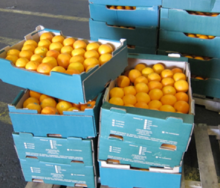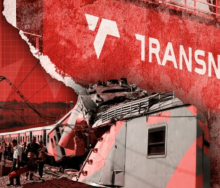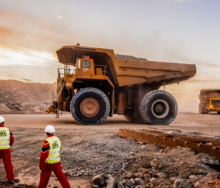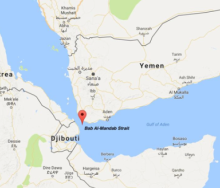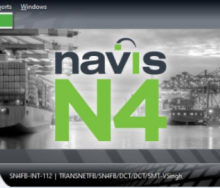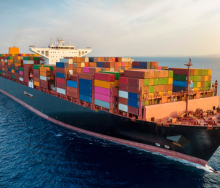Efforts by Transnet Port Terminals (TPT) to ramp up coal loads delivered to the Port of Richards Bay remain doubtful following Sunday morning’s rail freight collision between two trains near Elubana, less than 50 kilometres from the port.
TPT’s bulk line partner, Transnet Freight Rail (TFR), has downplayed the incident by revealing as little as possible, preferring to state that recovery operations were under way after the incident, which, thankfully, had not resulted in any serious injuries.
On available evidence, though, it’s hard to believe how this incident did not have serious consequences as it involved the complete derailment of at least four locomotives and seven fully loaded wagons, five of which had either jack-knifed or rolled off the track.
Only two wagons were partly derailed by the accident, which happened when a train carrying coal to the port rear-ended another standing still on the same line.
Various sources have reported that there was energy failure in the area at the time of the incident and that it happened when one shift handed over to another without informing it of the stationary train.
It has also come to light, although unconfirmed, that TFR’s train operators have to rely on mobile means to communicate and that the systems they rely on are analogue and therefore outdated.
In a recent interview, Thulasizwe Dlamini, managing executive of Richards Bay Terminals, said TPT had every intention to move 400 coal- and chrome-carrying trucks off the road through extended rail capacity.
This includes the establishment of two multi-modal off-loading facilities at the source of commodity mining – one in Rustenburg for chrome and another in Kendal for coal, the latter of which is already in a testing phase.
Dlamini said such road-to-rail initiatives would enable TPT to take significant pressure off the country’s roads, especially to the port, where global demand for coal and chrome has resulted in serious road freight congestion on the N2.
Although he made it clear that he could not speak on behalf of TFR, he added that the rail network to the port from the inland facilities was largely unaffected by copper cable theft and rail infrastructure destruction by scrap metal merchants.
But Sunday’s incident, when one train crashed into another because TFR personnel were apparently unaware that they were heading towards a stationary train on the same line, now casts doubt on Transnet’s efforts and ability to move bulk loads on to rail.
It also comes at a time when TPT, following the recent reinstatement of a conveyor belt through which bulk movement to the port can be substantially increased, is ready and eager to improve throughput.
TFR, though, appears to remain hamstrung by persistent issues on its network, whether through accident or wilful disruption of bulk line infrastructure and related operations.
In November 2022, for example, a bulk train near Ulundi was derailed, resulting in lost earnings of about R1 billion every day.
It was widely reported that the Ulundi crash was a case of sabotage, committed by a ‘business forum’ in the area that failed to secure a slice of the bulk line’s profits through mafia-style interference.


